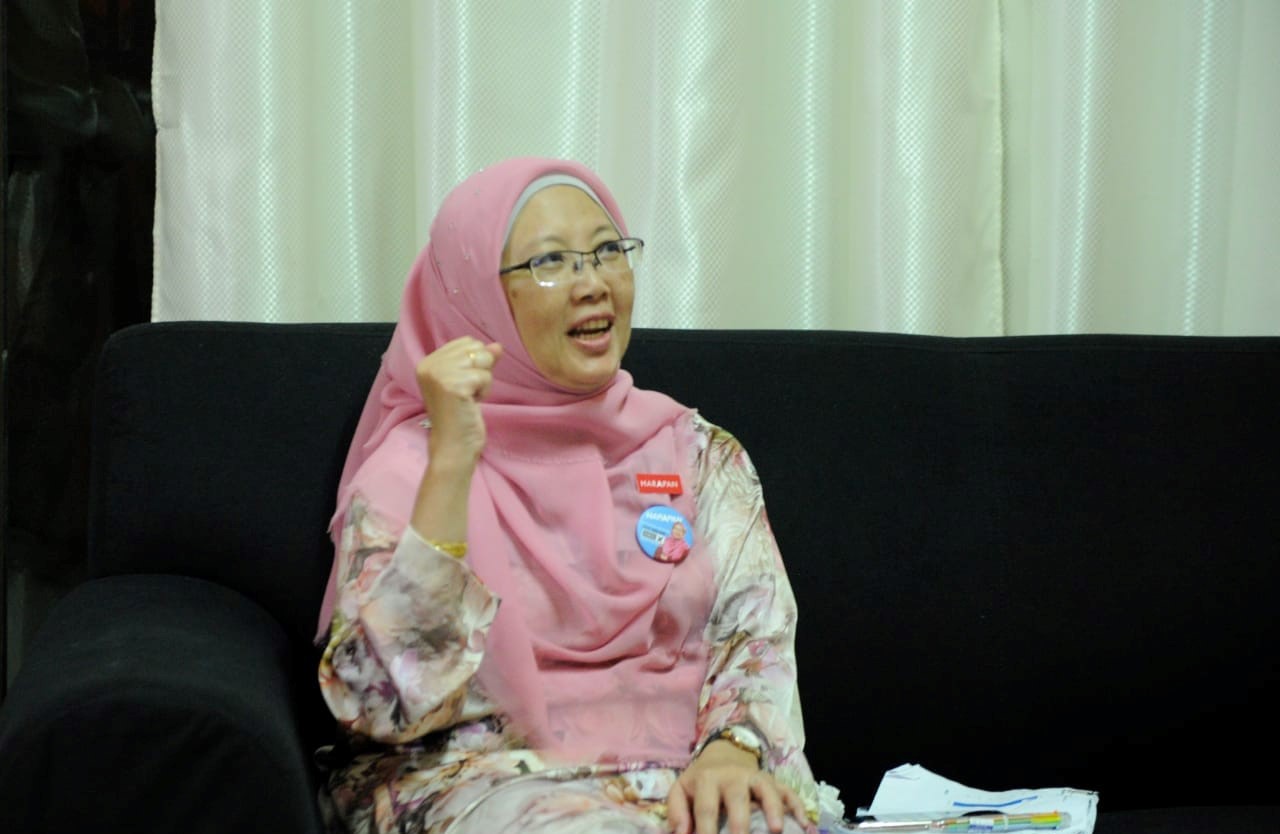The Galen Centre for Health and Social Policy welcomes the appointment of Dr Zaliha Mustafa as Malaysia’s 23rd Minister of Health and congratulates her for being the first woman to be appointed to hold that responsibility.
Dr Zaliha’s appointment is a clear sign that the new government is looking for new and fresh insights, and a progressive slant to the Health portfolio. This is refreshing and we are eager to work with Dr Zaliha and her team in the near future.
With everything that is going on in health today and the challenges that Malaysia faces such as the ongoing Covid-19 pandemic, the non-communicable diseases crisis, and the ageing population, Dr Zaliha’s first day at work is going to be a tough one.
However, we make the following two recommendations for her to consider for implementation in her first 100 days.
Firstly, table and vote on the Tobacco Control Bill in the Dewan Rakyat. This Bill was worked on and reached a compromise by a parliamentary special select committee which was bipartisan and worked hard to accommodate the views of all parties.
This Bill is a great showpiece of different parties with varying positions and views working hard and sincerely to shape a better and healthier future for Malaysians. It deserves to be tabled and it should have support from the parties in Parliament.
Secondly, publish the Health Reform White Paper. This document captured the combination of hundreds of years of expertise from numerous current and retired health care professionals, experts, communities, patients, and stakeholders looking to transform and future proof the landscape of Malaysian health care.
Development of the White Paper was worked on by hundreds of people and contains recommendations which should see the light of day and be considered by both the government and the Malaysian public.
Dr Zaliha needs to consider four critical issues, if she is serious about improving the general health and wellbeing of Malaysians, she needs to look at sustainable health care financing, respond effectively to the crisis of non-communicable diseases, close the gap on mental health, and address the lack of preparedness to provide care for our ageing population.
The minister should ensure that a deliberate consultative and inclusive approach is adopted and taken to dealing with health problems, which makes people and patients at the centre and beneficiaries of policies, as opposed to just being the target of them.
The Ministry of Health needs to work in collaboration and consultatively with the private sector, patient groups, affected communities and civil society organisations.
The current health care system needs urgent attention to improving existing infrastructure and manpower, to increase coverage and quality of service delivery, especially in Sabah and Sarawak. Investments in health care professionals, medical innovations, digital health, infectious disease prevention and control expertise, and in rural health services, must be continued and maintained.
The government has an opportunity to implement major reforms and introduce significant changes to our health care system. Tough decisions will need to be made to ensure that the quality and coverage of health care accessible to Malaysians are befitting an upper middle income country. No one should be left behind.
We wish Dr Zaliha the best of luck and we look forward to working with her team.
Azrul Mohd Khalib is the chief executive officer of the Galen Centre for Health and Social Policy.
- This is the personal opinion of the writer or publication and does not necessarily represent the views of CodeBlue.






